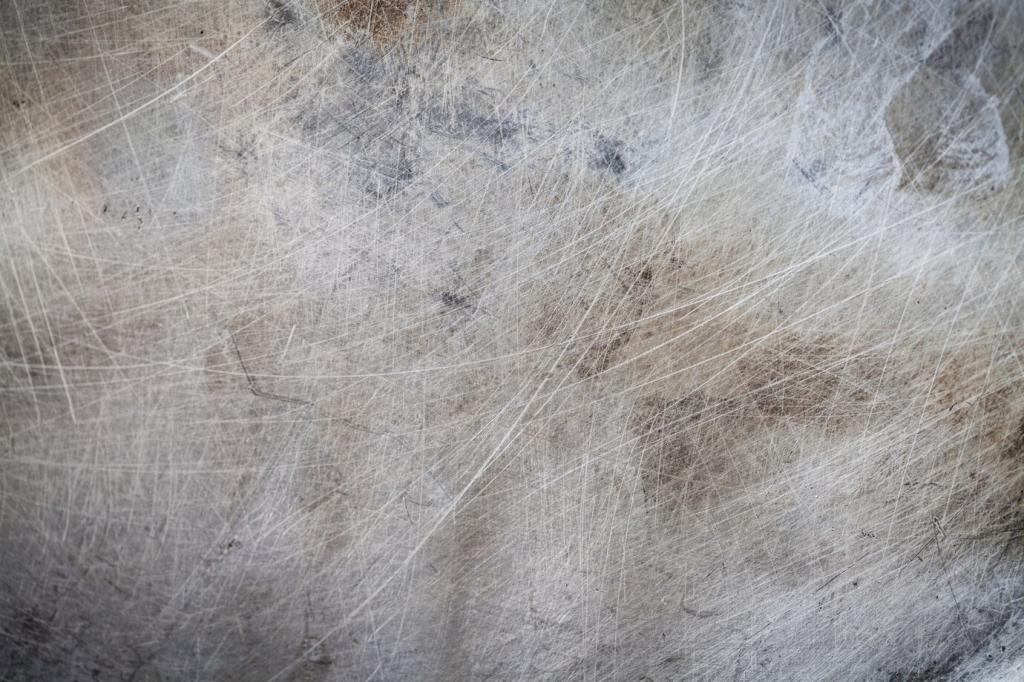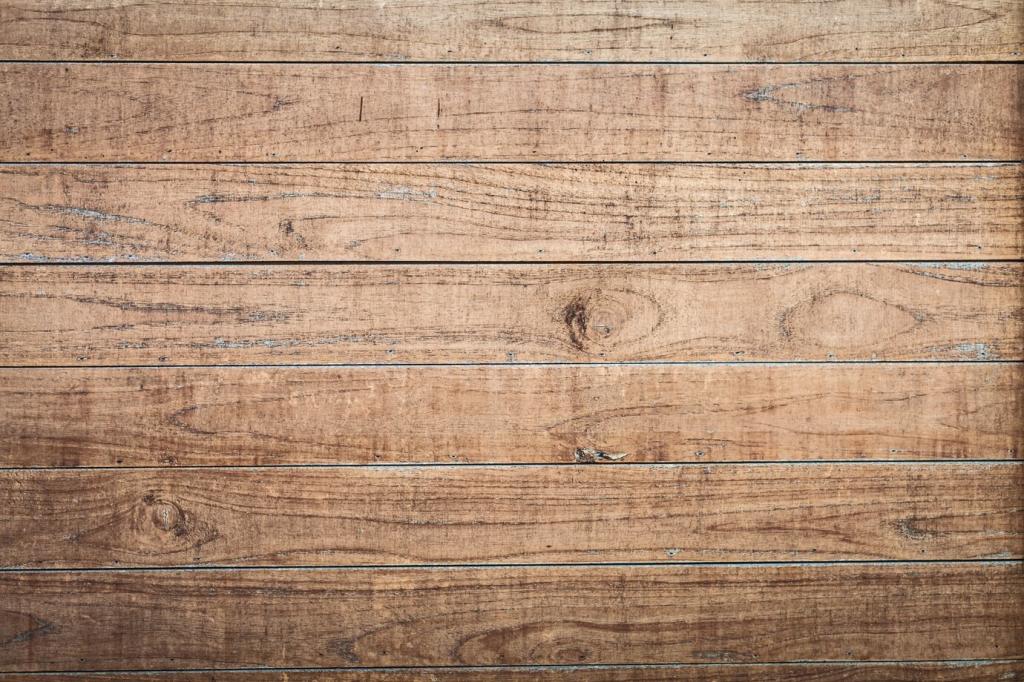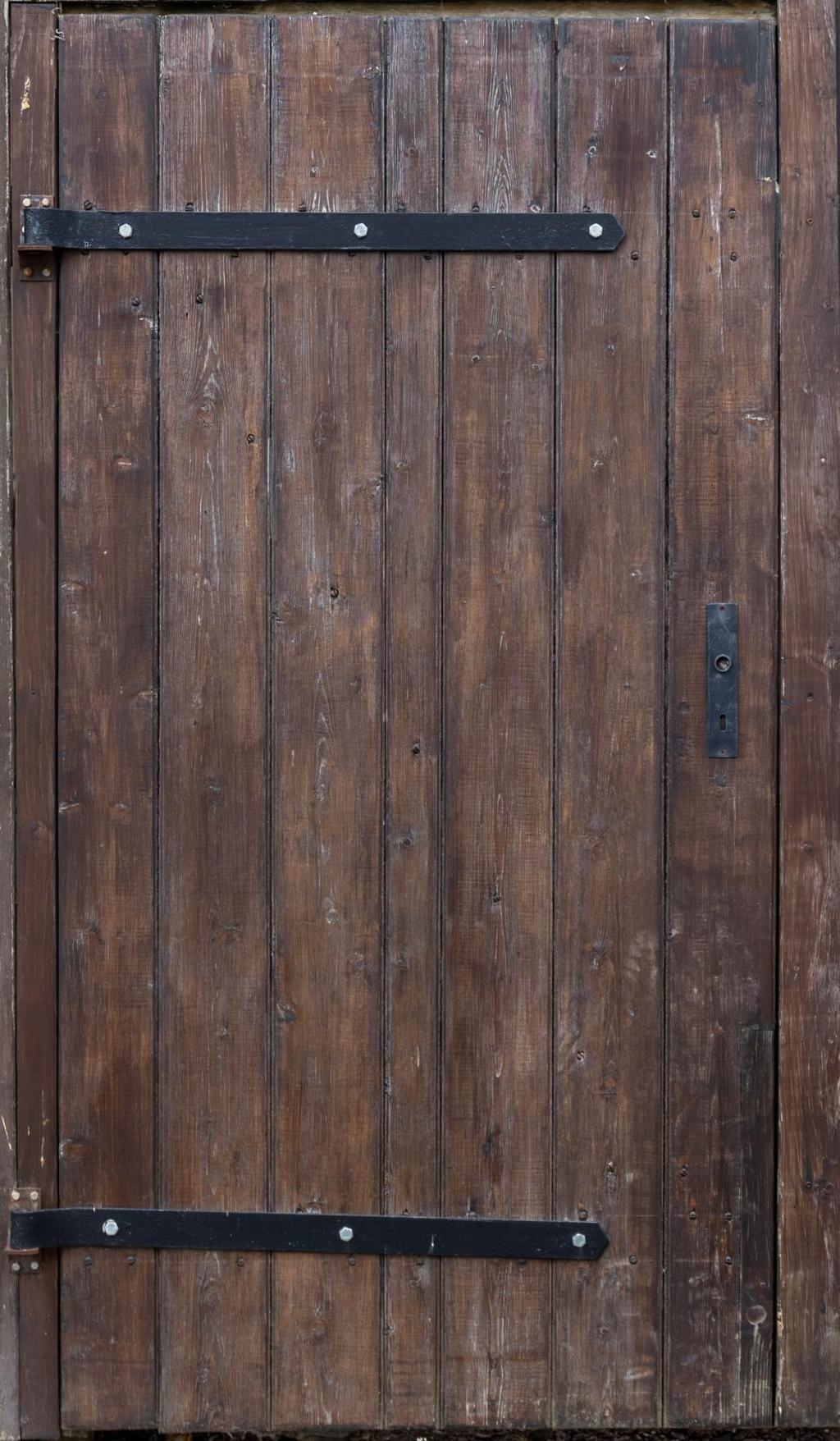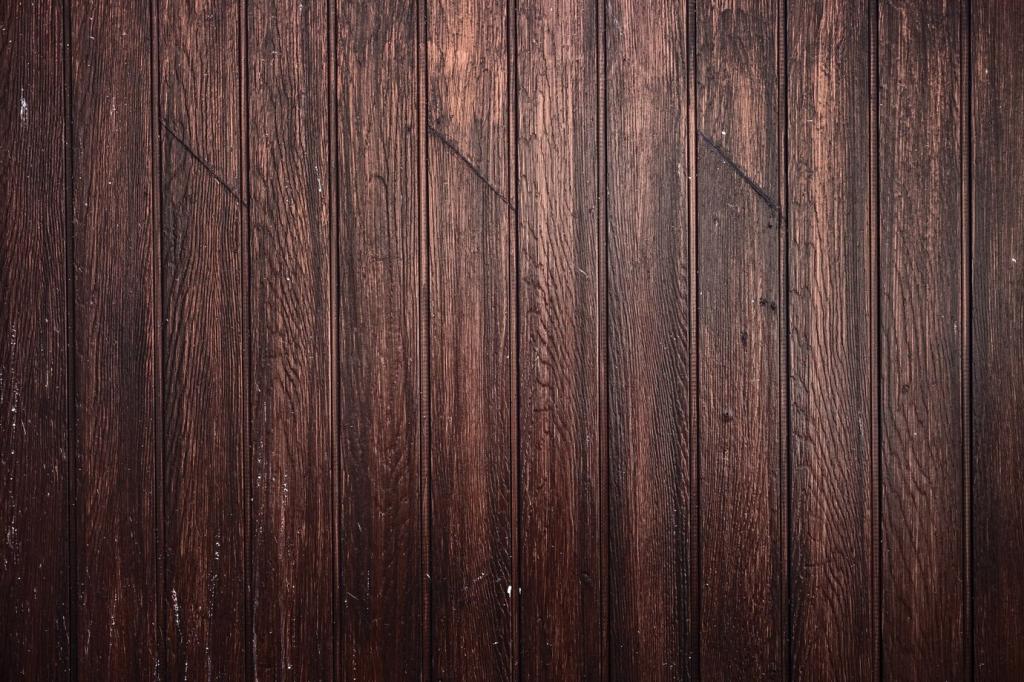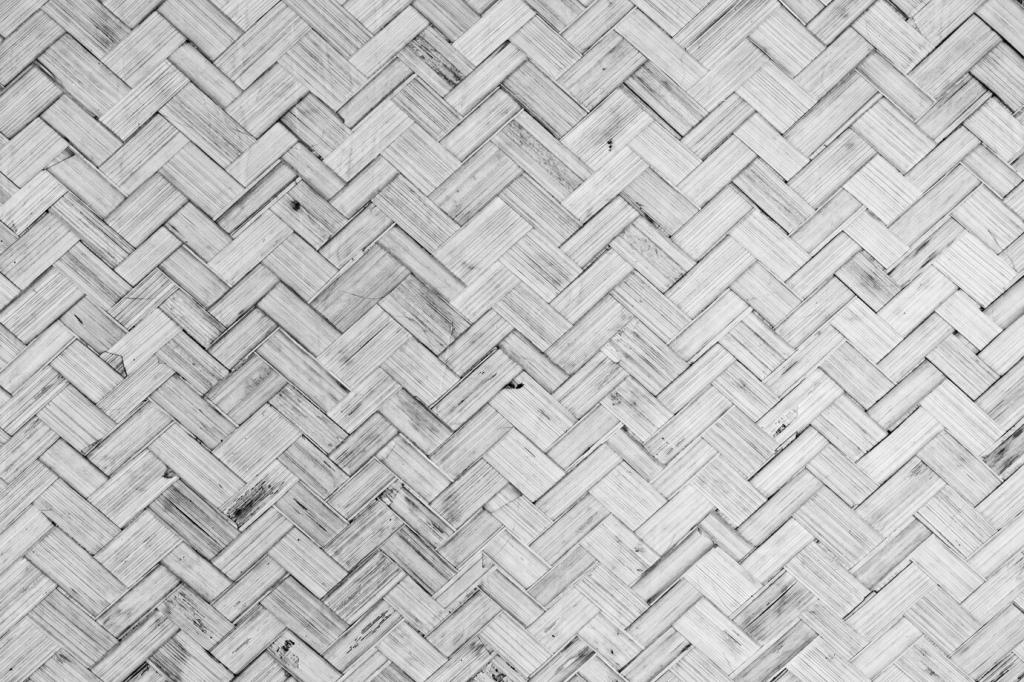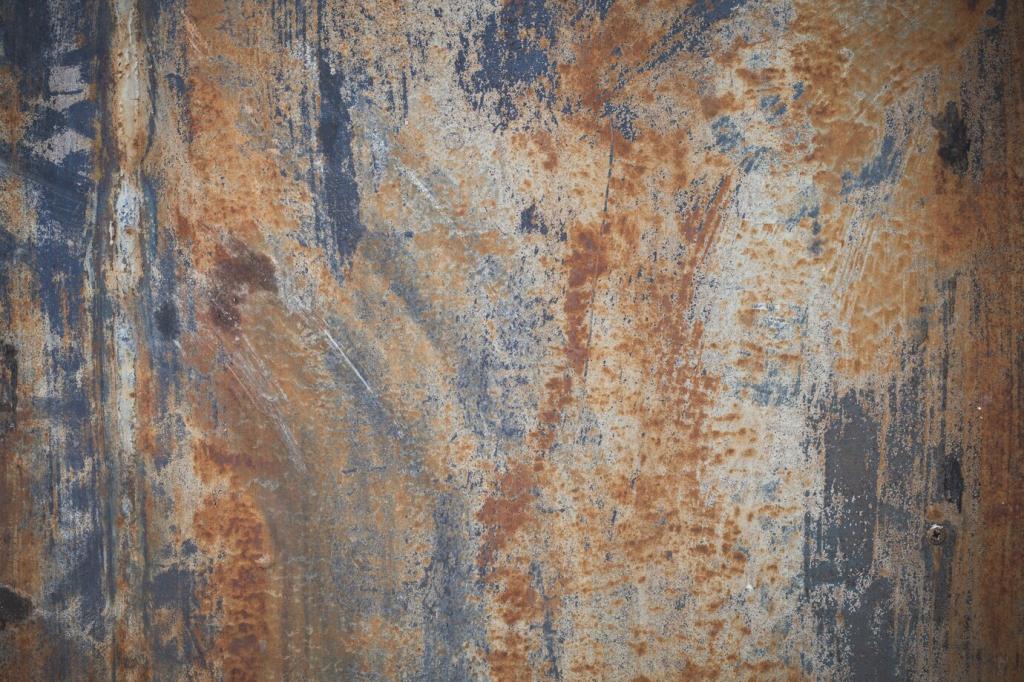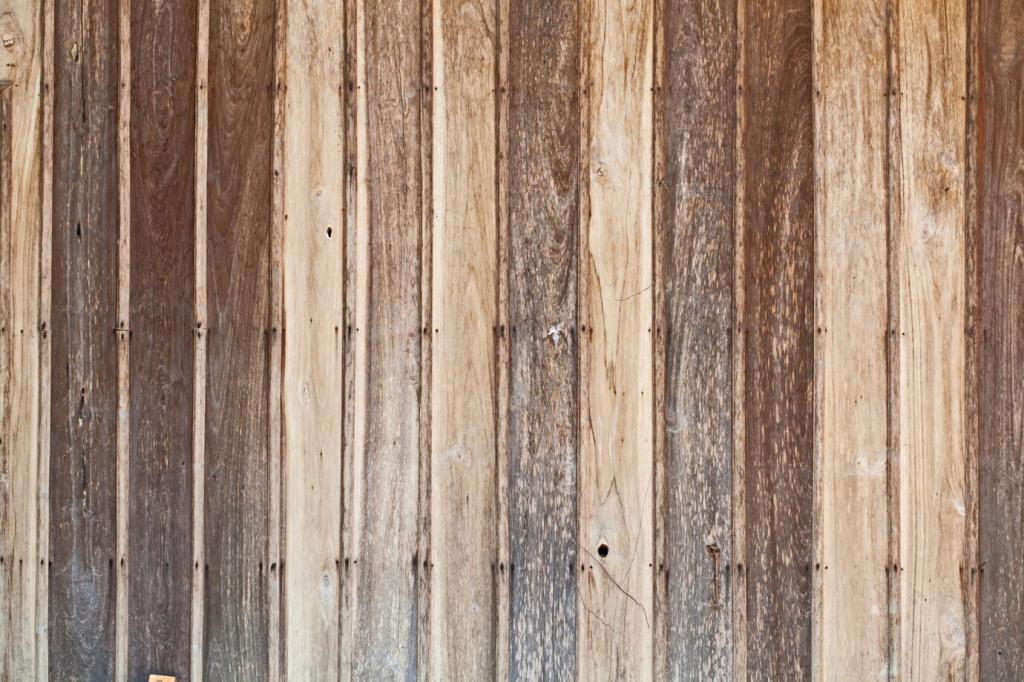Natürliche Lüftung, Nachtauskühlung und Komfort
Öffnungen gegenüberliegend anordnen, Strömungswege freihalten, Fensterflügel sichern: So entsteht effektiver Luftwechsel. Besonders abends lässt sich gespeicherte Wärme abführen, ohne Komfort zu verlieren – ideal in Verbindung mit massiven Böden.
Natürliche Lüftung, Nachtauskühlung und Komfort
Warme Luft steigt, kühle sinkt. Oben kleine Abluftöffnung, unten Zuluft – schon entsteht sanfter Zug. Treppenhäuser und Oberlichter können zu stillen Helfern werden, wenn Dichtheit und Steuerbarkeit sorgfältig gelöst sind.

